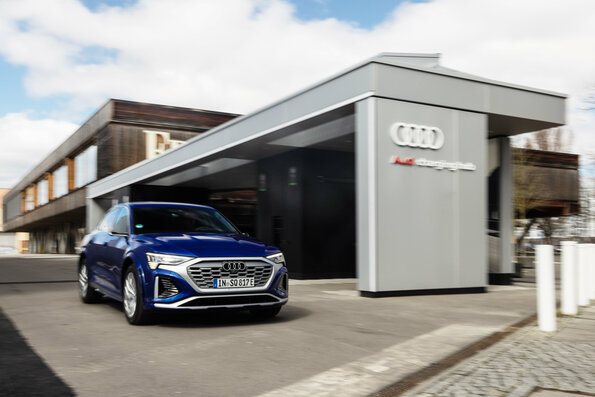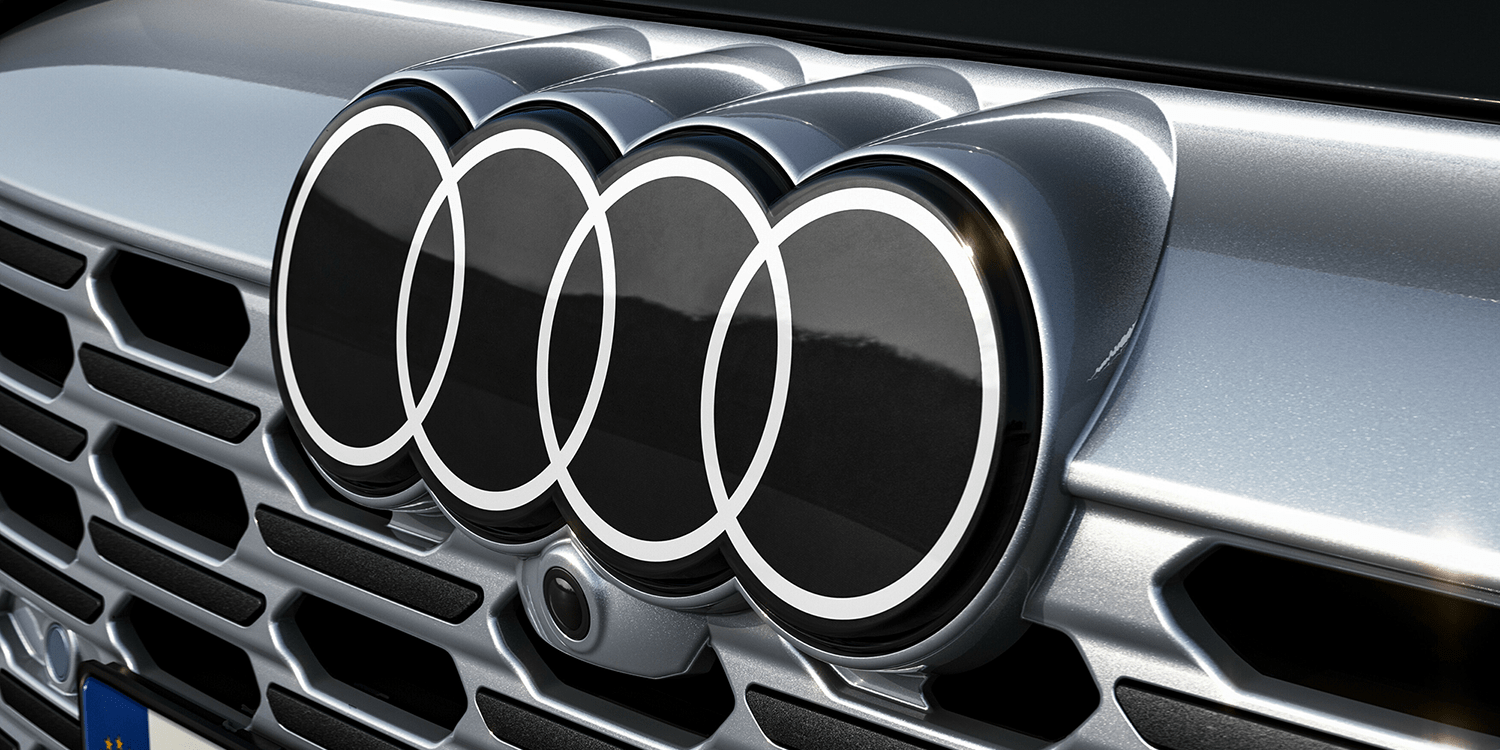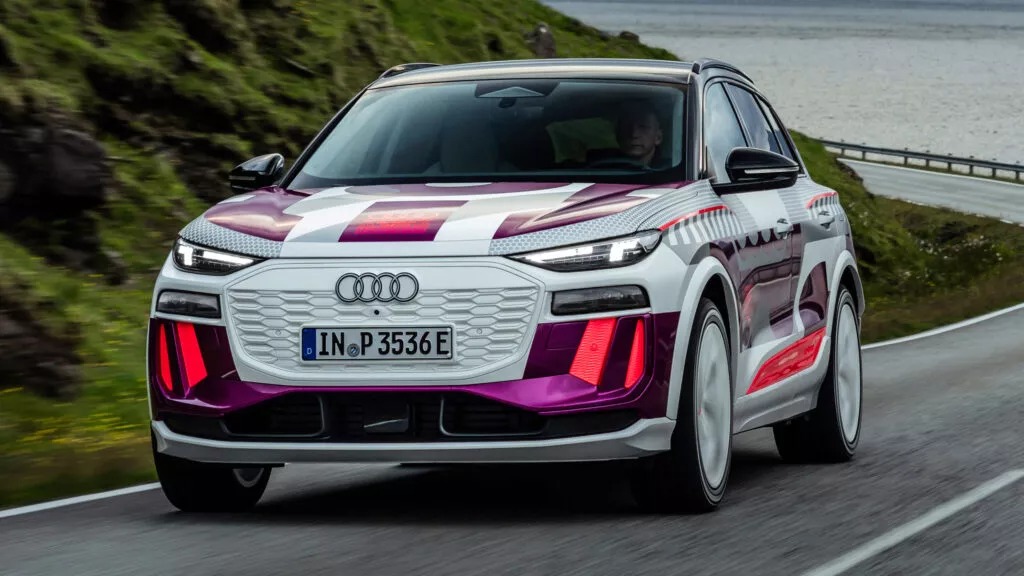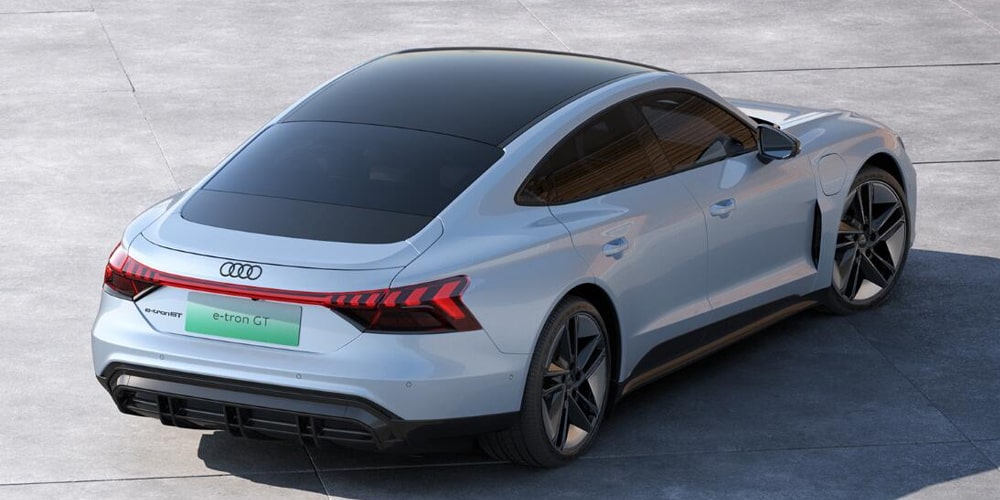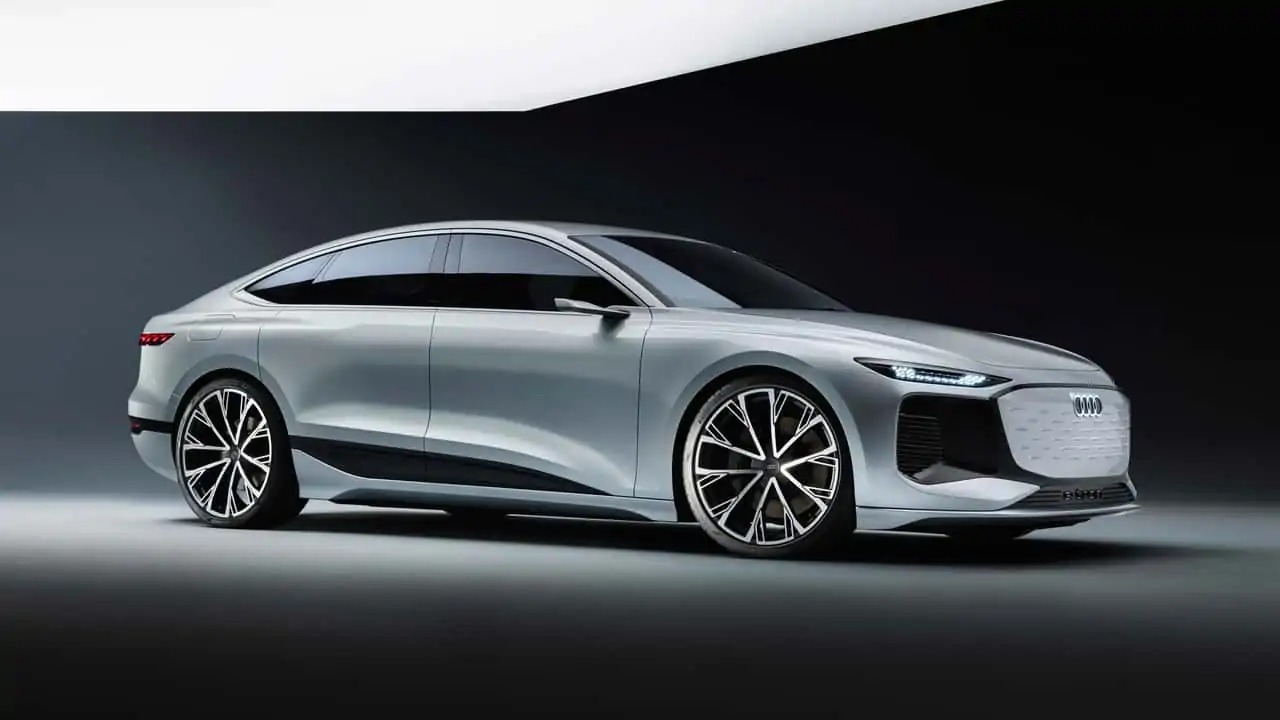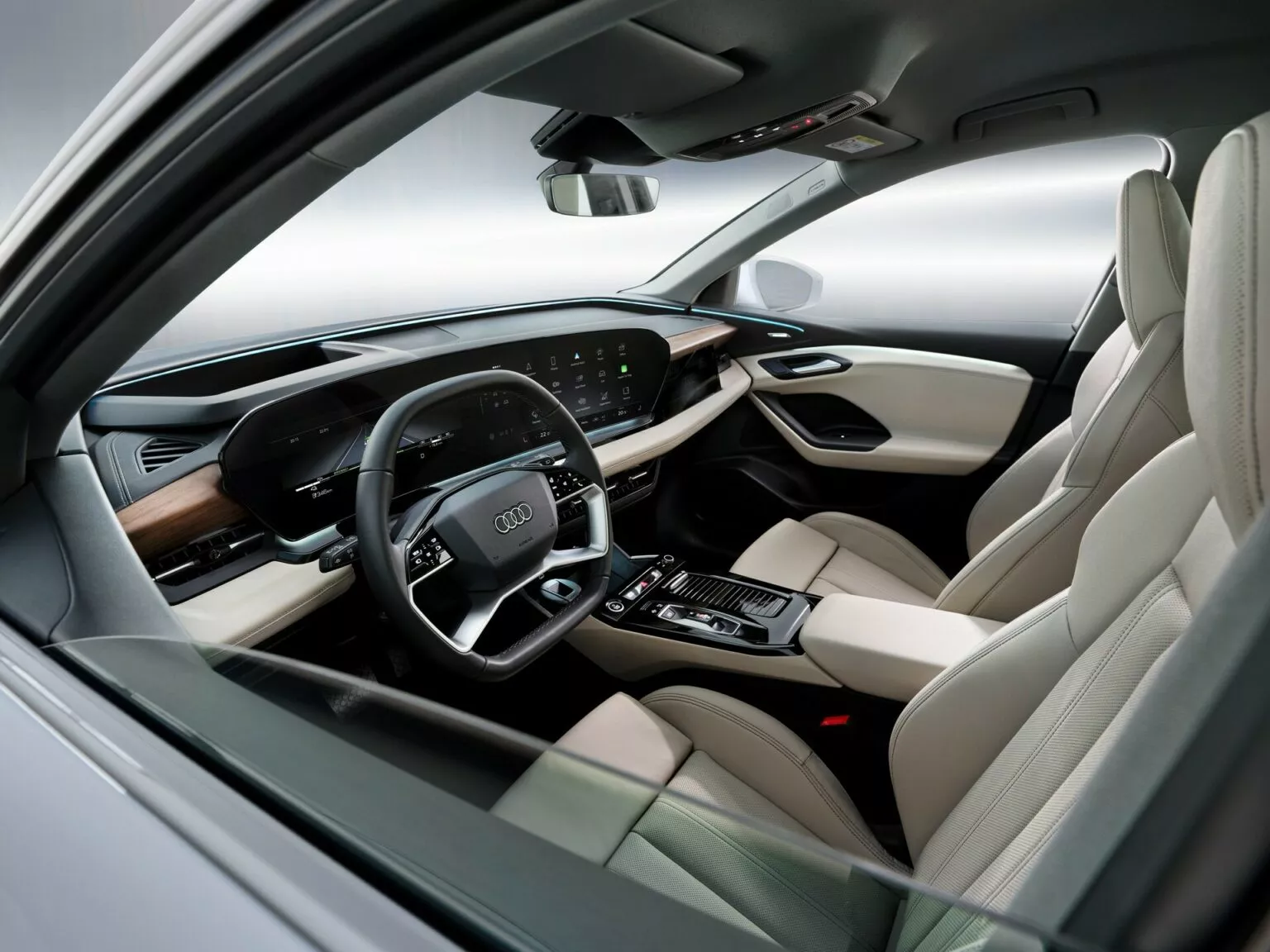Audi is looking for external help to shorten the development time of its models in China, where the Volkswagen subsidiary is in talks with competitors, according to a report yesterday in the German media outlet Automobilwoche.
Audi is now considering buying a platform from a competitor for the first time in China, the report said, adding that the company will prepare a corresponding template should be prepared for an extraordinary meeting of the supervisory board this week, possibly on July 11.
Volkswagen CEO Oliver Blume has already approved the project, and Audi is in talks with manufacturers, the report said, citing sources.
Audi urgently needs an electric platform, as its own developments, such as the Trinity project, have been severely delayed, the report noted.
The report doesn’t mention any further details, and it reflects the awkward situation Audi faces in China’s fast-growing electric vehicle (EV) market.
In the first half of the year, retail sales of passenger new energy vehicles (NEVs) in China stood at about 3.09 million units, contributing 32 percent of all passenger car sales of 9.53 million units, according to data released earlier today by the China Passenger Car Association (CPCA).
Despite being one of the top-selling premium brands in China, Audi has never made it into any of the CPCA’s rankings for EV sales.
In the January-May period, BYD was No. 1 in China’s NEV market with 923,343 units sold, and Tesla was No. 2 with 219,893 units, according to a retail sales ranking released by the CPCA last month. Li Auto was No. 6 with 106,542 units, and Nio was No. 10 with 43,854 units.
Last November, an image circulating on Weibo showed an Audi dealership placing a large billboard on its store with text that said Audi also has pure electric models.
The text demonstrated the reality that Chinese consumers generally have low acceptance of Audi’s EV models, which sparked a lot of discussion at the time.
In an interview with Reuters last month, Audi CEO Markus Duesmann said the company had to accelerate the development of new models to meet surging demand for EVs globally, especially in China.
Audi needs new, shorter production cycles in the areas of connectivity and software, he said. “And we are also looking more intensively at how this is done in China.”
Over time, Audi’s development cycle will be closer to 30 months, compared with a current time of more like 48 months, he said.

